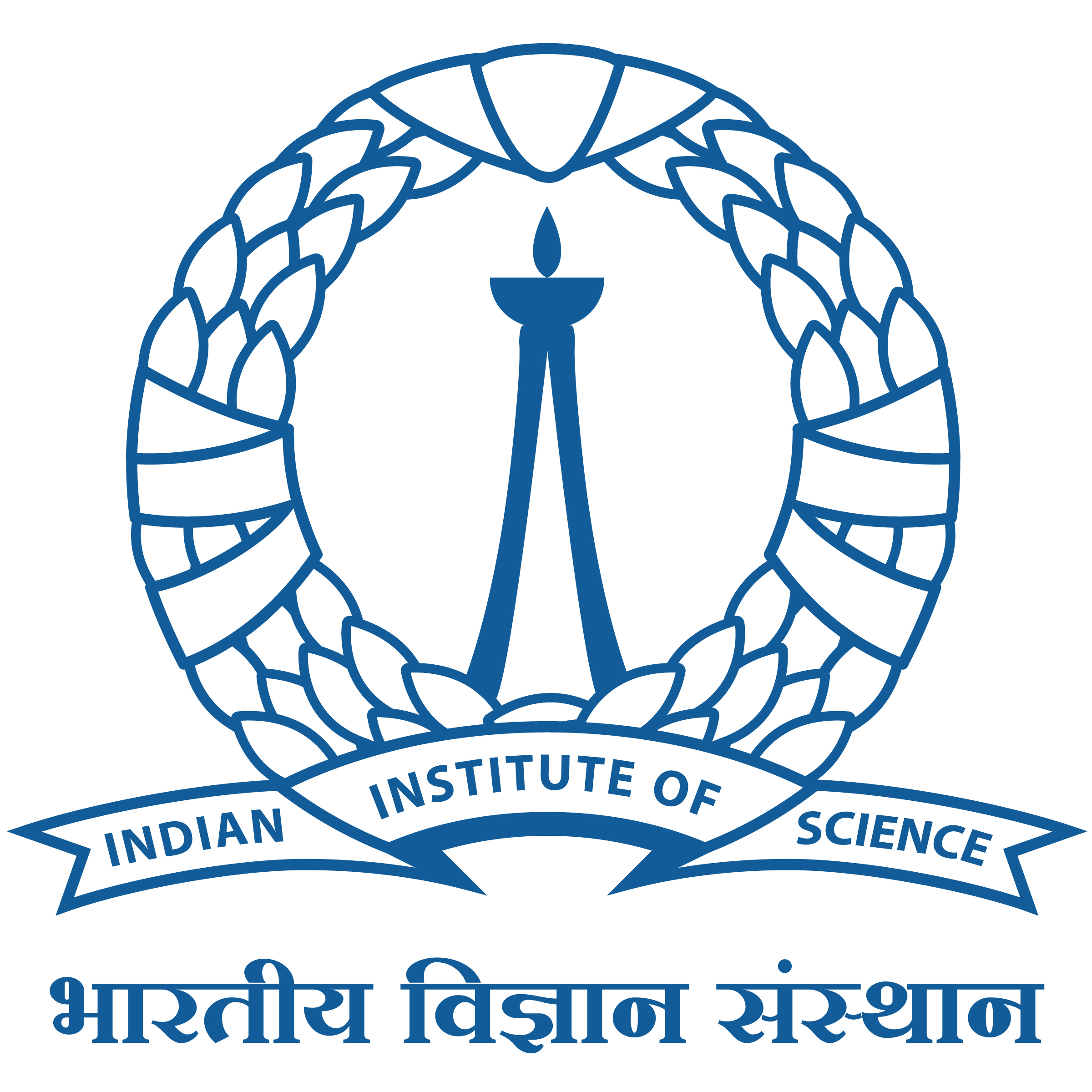Seminar by Dr. Shyni Varghese on Engineering the interface: From smart materials to devices to cell transplantation
CES Seminar Hall CES Seminar Hall, 3rd Floor, Biological Science BuildingTitle: Engineering the interface: From smart materials to devices to cell transplantation Abstract: “In this talk, I will discuss our efforts in engineering the bio-material interface to achieve unique biological functions and medical applications. First, I will talk about design of hydrogel matrices to control stem cell fate in vitro and in vivo and use of […]

